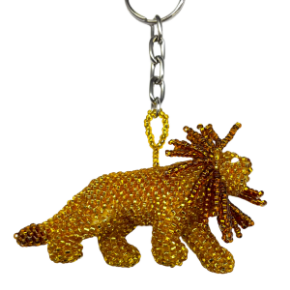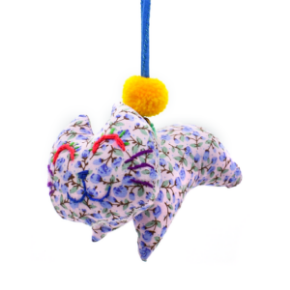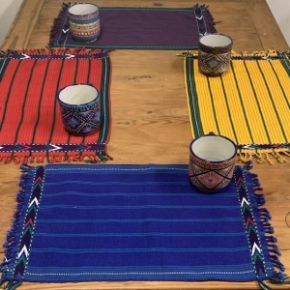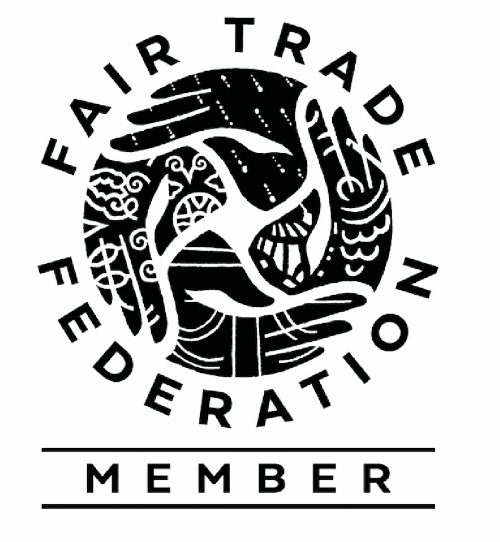Continuing our exploration of the ten principles of Fair Trade as outlined by one of the leading bodies in the fair trade world, the World Fair Trade Organization, let’s look at what it means to pay a fair price. The idea that producers receive a fair price for their goods is the most basic idea of the fair trade movement. It’s also the one most familiar to consumers. If you ask someone what “fair trade” means, that’s the first thing that comes to mind. Some people equate “fair trade” with “fair wage” (although there’s a lot more to it than that).
It doesn’t really seem necessary to explain why, if we call ourselves fair traders, we should be paying artisans a fair price. Even small children understand the concept of fairness. Maybe some of them understand it better than a lot of America’s large corporations. Instead of talking about why it’s important to pay a fair price -- which seems pretty obvious -- let’s talk about what makes a price fair. Who determines what’s fair? How do they decide how much is enough?
First of all, who determines a fair price? The answer is that the price is determined by both the producer and the buyer. We dialogue together to determine what price is appropriate for each product that is being made. If that seems unlikely to work because the goals of the two parties are mutually exclusive, consider this -- as fair traders, we want to provide a living wage to artisans. It’s one of the reasons we’re in business. But both the artisans and we at Unique Batik want that income to be sustainable, so the price that we pay them has to translate to a retail price that consumers are willing to pay us. In our mission to provide sustainable income to the artisans with whom we work, we must work together to find that fine line.
So, how do we determine what constitutes a living wage? There are a lot of factors that affect the answer to that, including where the artisans are working, the cost of materials, and how long they will work on the product. The cost of living in their local economy is relevant, as we are buying from artisans living in different countries, where the cost of living may vary. Producers know that we pay a fair price as we are familiar with the cost of living in the area and what local wages are.
The important thing is that wherever they are living, artisans earn enough to pay for the basic necessities of life. They should be able to provide shelter, food, and clean water to their families; they should be able to educate their children, and have access to medical care.
As any small child could tell you, we’re supposed to treat others the way we want to be treated. When you look at it that way, it’s fairly simple.












